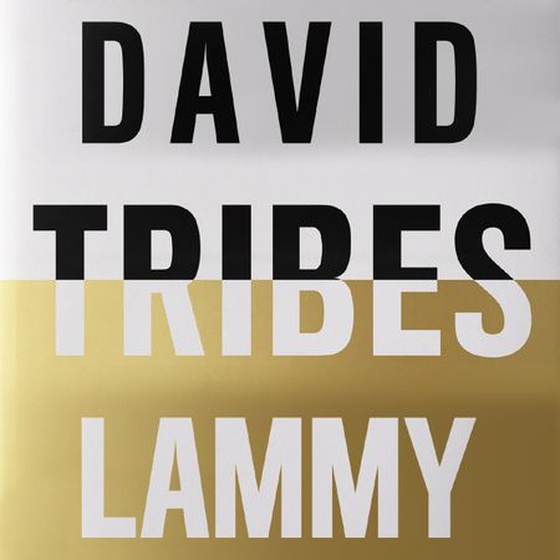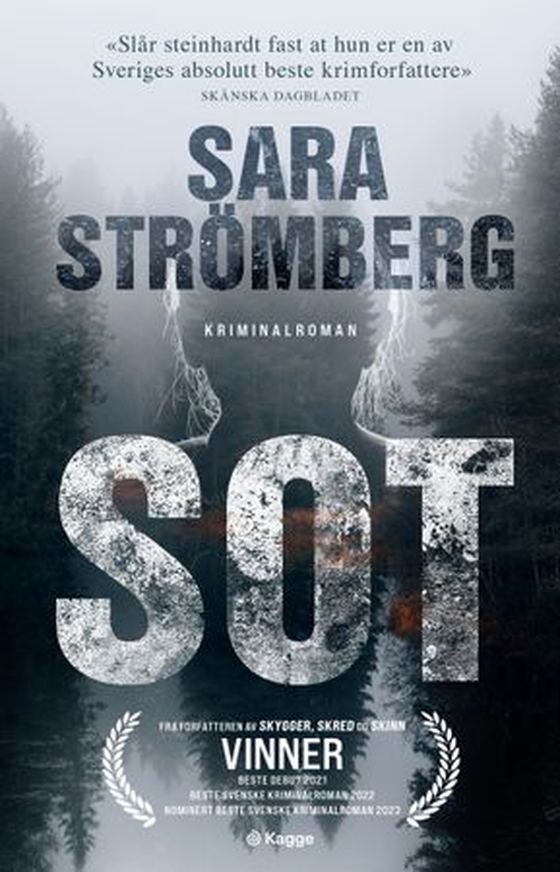
Tribes (Dilly's Story) lydbok
236,-
'Thoughtful' Guardian Best Politics Books of 2020'A superb book about the tribalism gripping British politics. Tribes is measured, searching, pitilessly self-scrutinising and would probably amaze anyone who knows its author only from his Twitter persona' Decca Aitkenhead, Sunday TimesDavid was the first black Briton to study at Harvard Law School and practised as a barrister before entering polit…
'Thoughtful' Guardian Best Politics Books of 2020'A superb book about the tribalism gripping British politics. Tribes is measured, searching, pitilessly self-scrutinising and would probably amaze anyone who knows its author only from his Twitter persona' Decca Aitkenhead, Sunday TimesDavid was the first black Briton to study at Harvard Law School and practised as a barrister before entering politics. He has served as the Member of Parliament for Tottenham since 2000. Today, David is one of Parliament's most prominent and successful campaigners for social justice. He led the campaign for Windrush British citizens to be granted British citizenship and has been at the forefront of the fight for justice for the families affected by the Grenfell Tower fire.In 2007, inspired by the bicentenary of the Abolition of the Slave Trade Act and looking to explore his own African roots, David Lammy took a DNA test. Ostensibly he was a middle-aged husband & father, MP for Tottenham and a die-hard Spurs fan. But his nucleic acids revealed that he was 25% Tuareg tribe (Niger), 25% Temne tribe (Sierra Leone), 25% Bantu tribe (South Africa), with 5% traces of Celtic Scotland and a mishmash of other unidentified groups.Both memoir and call-to-arms, Tribes explores both the benign and malign effects of our need to belong. How this need - genetically programmed and socially acquired - can manifest itself in positive ways, collaboratively achieving great things that individuals alone cannot. And yet how, in recent years, globalisation and digitisation have led to new, more pernicious kinds of tribalism. This book is a fascinating and perceptive analysis of not only the way the world works but also the way we really are.
Undertittel
A Search for Belonging in a Divided Society
Forlag
Little, Brown Book Group
Utgitt
17.03.2020
Lengde
13:36
Sjanger
Historie, Biografier, Dokumentar og fakta, Politikk og samfunn
Serie
Dilly's Story
Språk
English
Format
mp3
DRM-beskyttelse
App-only
ISBN
9781472131911
'Thoughtful' Guardian Best Politics Books of 2020
'A superb book about the tribalism gripping British politics. Tribes is measured, searching, pitilessly self-scrutinising and would probably amaze anyone who knows its author only from his Twitter persona' Decca Aitkenhead, Sunday Times
David was the first black Briton to study at Harvard Law School and practised as a barrister before entering politics. He has served as the Member of Parliament for Tottenham since 2000. Today, David is one of Parliament's most prominent and successful campaigners for social justice. He led the campaign for Windrush British citizens to be granted British citizenship and has been at the forefront of the fight for justice for the families affected by the Grenfell Tower fire.
In 2007, inspired by the bicentenary of the Abolition of the Slave Trade Act and looking to explore his own African roots, David Lammy took a DNA test. Ostensibly he was a middle-aged husband & father, MP for Tottenham and a die-hard Spurs fan. But his nucleic acids revealed that he was 25% Tuareg tribe (Niger), 25% Temne tribe (Sierra Leone), 25% Bantu tribe (South Africa), with 5% traces of Celtic Scotland and a mishmash of other unidentified groups.
Both memoir and call-to-arms, Tribes explores both the benign and malign effects of our need to belong. How this need - genetically programmed and socially acquired - can manifest itself in positive ways, collaboratively achieving great things that individuals alone cannot. And yet how, in recent years, globalisation and digitisation have led to new, more pernicious kinds of tribalism. This book is a fascinating and perceptive analysis of not only the way the world works but also the way we really are.
'A superb book about the tribalism gripping British politics. Tribes is measured, searching, pitilessly self-scrutinising and would probably amaze anyone who knows its author only from his Twitter persona' Decca Aitkenhead, Sunday Times
David was the first black Briton to study at Harvard Law School and practised as a barrister before entering politics. He has served as the Member of Parliament for Tottenham since 2000. Today, David is one of Parliament's most prominent and successful campaigners for social justice. He led the campaign for Windrush British citizens to be granted British citizenship and has been at the forefront of the fight for justice for the families affected by the Grenfell Tower fire.
In 2007, inspired by the bicentenary of the Abolition of the Slave Trade Act and looking to explore his own African roots, David Lammy took a DNA test. Ostensibly he was a middle-aged husband & father, MP for Tottenham and a die-hard Spurs fan. But his nucleic acids revealed that he was 25% Tuareg tribe (Niger), 25% Temne tribe (Sierra Leone), 25% Bantu tribe (South Africa), with 5% traces of Celtic Scotland and a mishmash of other unidentified groups.
Both memoir and call-to-arms, Tribes explores both the benign and malign effects of our need to belong. How this need - genetically programmed and socially acquired - can manifest itself in positive ways, collaboratively achieving great things that individuals alone cannot. And yet how, in recent years, globalisation and digitisation have led to new, more pernicious kinds of tribalism. This book is a fascinating and perceptive analysis of not only the way the world works but also the way we really are.
Ingen anmeldelser ennå







